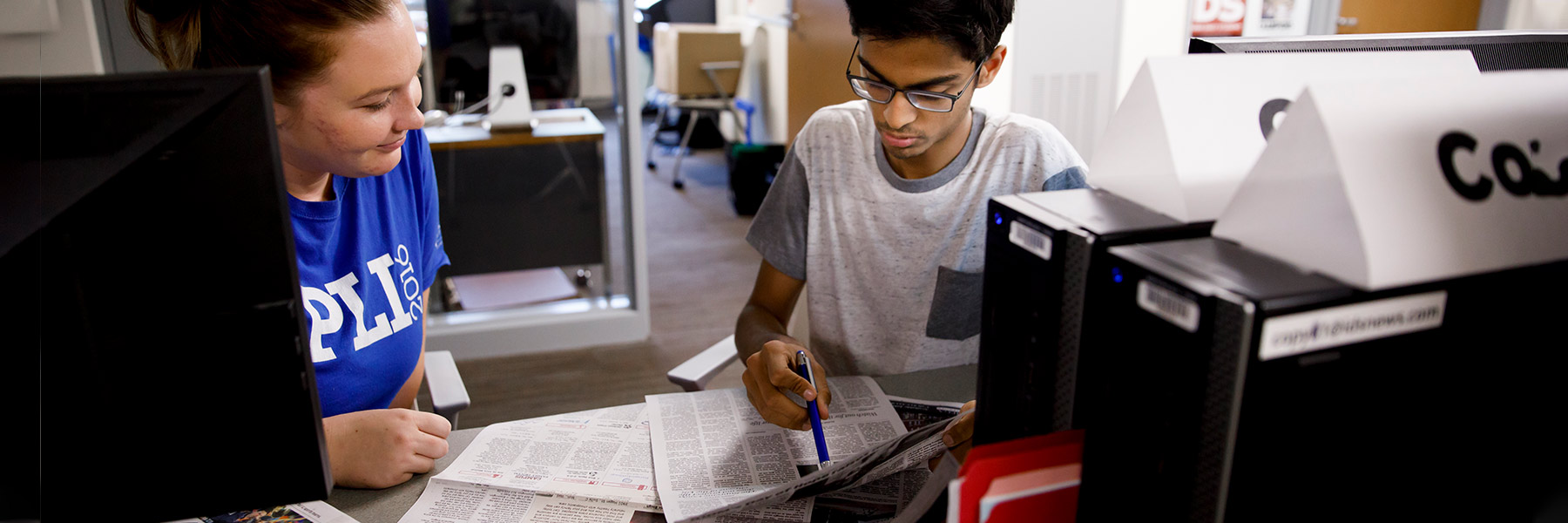This set of cases has been created for teachers, researchers, professional journalists and consumers of news to help them explore ethical issues in journalism. The cases raise a variety of ethical problems faced by journalists, including such issues as privacy, conflict of interest, reporter- source relationships, and the role of journalists in their communities.
The initial core of this database comes from a series of cases developed by Barry Bingham, Jr., and published in his newsletter, FineLine. The school is grateful to Bingham for his permission to make these cases available to a wider audience.
You may download cases for classes, research or personal use. Permission is granted for academic use of these cases, including inclusion in course readers for specific college courses. This permission does not extend to the republication of the cases in books, journals or electronic form.
Note: We are indebted to Professor Emeritus David Boeyink, who developed this project several years ago.


